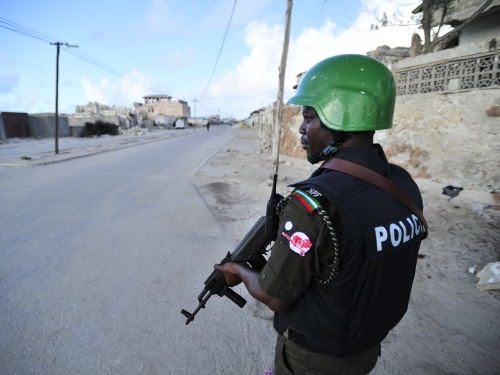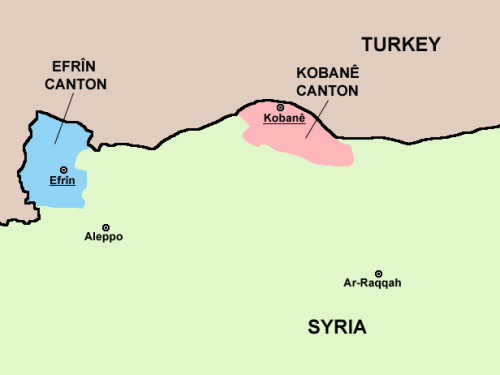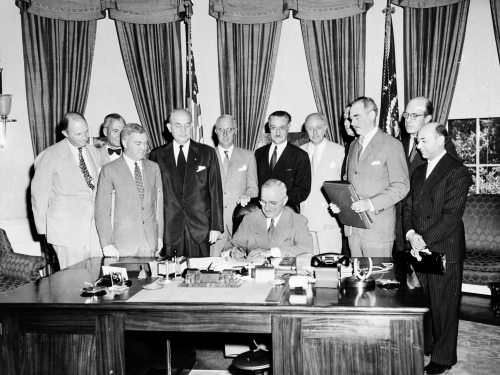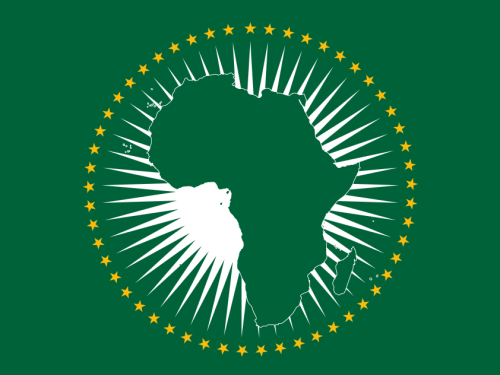
This article was originally published by E-International Relations on 9 July 2015.
In the ongoing discourse on constructing the world order many new but also “new-old” approaches are being developed. One of the more discussed and controversial issues is the recognition of a religious dimension in international relations. While some authors refer to the “return”, “resurgence” or “renaissance” of religion (Thomas 2005; Petito, Hatzopoulos 2003; Fox 2001), others rather admit to discovering a “hidden reality” that has always been there but became more visible recently (Haynes 2006: 539).
Over the last two decades rich literature has been published on this topic and numerous initiatives have been undertaken to introduce a balanced perception of the roles played by religion within the global arena. Yet a fair assessment of the advantages and disadvantages of religion in IR is only a far-out hope and still “even the charismatic virtuosi of peace are less well known than the Yigal Amirs and Osama bin Ladens of the world.” (Appleby 2000: 122).
The notion of the “ambivalence of the sacred” (Appleby 2000) coined by Scott Appleby is widely acknowledged. Marc Gopin calls religion the “creator and destroyer of peace” (Gopin 2012: 271-279) and Jose Casanova refers to this phenomenon as the “Janus face” of religion (Casanova 1994: 4). Religion is undoubtedly a double-edged sword. But it seems that any discussion on the many different roles played by religion in the area of international relations is too often one-sided and the perspective in which the religious factor is recognized far too uneven.
The purpose of this article is to highlight that there is also this second face of religious activism and a faith-based oriented world view that enables religious peacemakers to resolve conflicts that others could not resolve. It is also to underscore that the very non-political notions such as reconciliation, forgiveness, healing of relations, and apology that developed in social science over the last decades are often rooted and connected with religious world views.




